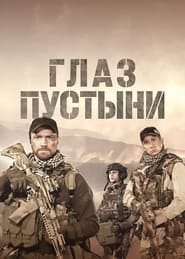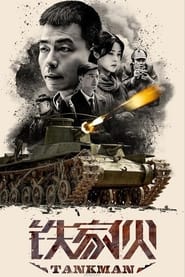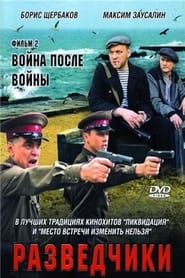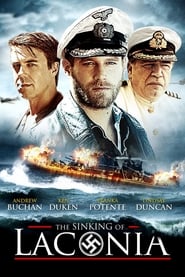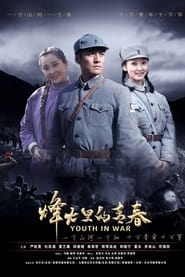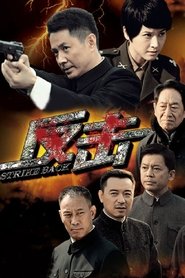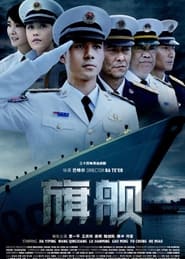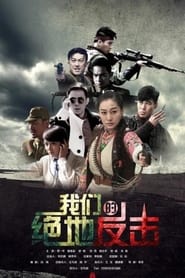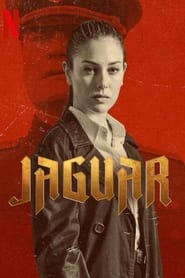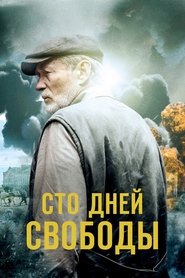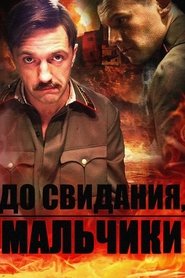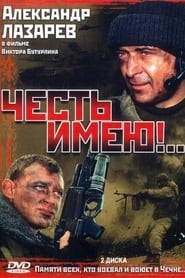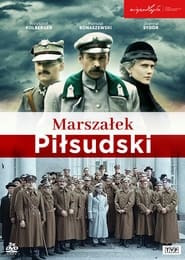Popular War Politics TV Series - Page 51
-
Sarbadars
1984
Sarbadars
1984
star 6.5Sarbedaran is a historic series based on the revolt of the 'Sarbedar's of Khorasan, led by Sheykh Hasan Jowri against the Mongol Conquest of Iran. The director of this series is Mohammad Ali Najafi and it is written co-directed by Keyhan Rahgozar. Parts of this series also refer to the previous leader and the pioneer of the movement, Sheykh Khalifa of Mazandaran. -
Глаз пустыни
2024
-
Tank Man
2019
Tank Man
2019
-
生死兄弟情
2015
生死兄弟情
2015
-
Valkyria Chronicles 3: The Wound Taken for Someone's Sake
2011
star 5.5In the year 1935, the continent of Europa is engulfed by the flames of war. This great struggle which takes place between the Empire and the Federation, and which also spills over into neighbouring unaligned countries, will be recorded in history as the 2nd European War. Gallia is a small country which is sucked into the war when the Empire invades its borders. Stories of Gallia's victorious struggle and of its heroes are well documented in the annals of history. However, there is one group of heroes who never made the front page. A group whose efforts were pivotal to Gallia's victory. That group is the regular army's Squad 422, codename: Nameless, and this is their story. ~ translated and adapted from official site by Cranston Note: The episodes were first available for purchase from Playstation Store. The DVD/BD release dates were 29.06.2011 for first and 31.08.2011 for the last volume. -
The Sinking of the Laconia
2011
star 6.4The true story of the Allied ship Laconia, sunk in WWII by a German U-Boat, which then surfaced against orders to rescue the civilian crew -
烽火硝烟里的青春
2020
烽火硝烟里的青春
2020
-
最后一个冬天
2014
最后一个冬天
2014
-
旗舰
2008
旗舰
2008
-
敌特在行动
2009
敌特在行动
2009
-
我们的绝地反击
2015
我们的绝地反击
2015
-
Jaguar
2021
Jaguar
2021
star 7.2In 1960s Spain, a Holocaust survivor joins a group of agents seeking justice against the hundreds of Nazis who fled to the nation to hide after WWII. -
토크멘터리 전쟁史
2016
토크멘터리 전쟁史
2016
-
Сто дней свободы
2020
-
断箭
2012
断箭
2012
-
Честь имею
2004
Честь имею
2004
-
Urda: The Third Reich
2002
star 3Urda: The Third Reich is an original net animation written and directed by Romanov Higa. The story takes place circa 1943, during World War II. Facing a losing war, the Nazi Party discovers a marooned spaceship capable of time travel, thus enabling them to alter the outcome of their fate. Enter Erna Kurtz, a newly hired spy who stumbles upon the Nazis' plot. With the help of her fearless friend Janet, Erna must face her past in order to secure her future. -
Marszałek Piłsudski
2001
 Netflix
Netflix
 Amazon Prime Video
Amazon Prime Video
 Apple iTunes
Apple iTunes
 Apple TV Plus
Apple TV Plus
 Disney Plus
Disney Plus
 Google Play Movies
Google Play Movies
 Paramount Plus
Paramount Plus
 Hulu
Hulu
 HBO Max
HBO Max
 YouTube
YouTube
 fuboTV
fuboTV
 Peacock
Peacock
 Peacock Premium
Peacock Premium
 Amazon Video
Amazon Video
 The Roku Channel
The Roku Channel
 AMC+
AMC+
 Kocowa
Kocowa
 Hoopla
Hoopla
 The CW
The CW
 Vudu
Vudu
 Starz
Starz
 Showtime
Showtime
 PBS
PBS
 Pantaflix
Pantaflix
 FXNow
FXNow
 Tubi TV
Tubi TV
 Kanopy
Kanopy
 Comedy Central
Comedy Central
 Crunchyroll
Crunchyroll
 Microsoft Store
Microsoft Store
 Redbox
Redbox
 Sun Nxt
Sun Nxt
 ABC
ABC
 DIRECTV
DIRECTV
 Crackle
Crackle
 Fandor
Fandor
 Plex
Plex

